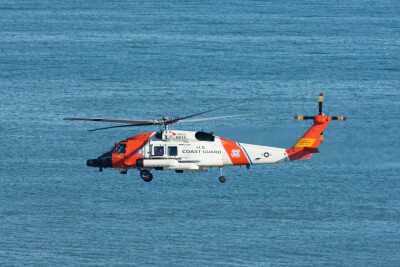Today's challenges in sustaining our fisheries and communities touch all Alaskans. We all share concerns about diminishing returns of Chinook salmon and the declining trend in halibut. Salmon disaster declarations, significant reductions in the allowable halibut catch for commercial and recreational fishermen – these hit home in a big way. But while salmon and halibut fishermen are restricted to protect the resource, bycatch of the same species is allowed in trawl fisheries as a cost of business. To their credit, the North Pacific Fishery Management Council is taking steps to address these bycatch concerns.
One way the North Pacific Council has decided to do this is through a new management system for the Gulf of Alaska trawl fisheries called catch shares. The idea is to allocate fishing rights so that individual or groups of vessels have a set amount of the target fish and bycatch that they alone can catch, thus ending the "race for fish." In theory, this allows each fisherman to slow down the pace of their operation to avoid catching the wrong fish because they're guaranteed a set amount of the target fish.
Today it seems everyone from federal agencies to major banking institutions to some environmental groups is touting privatized access to our public resources as both an economic and ecological saving grace. But these claims ignore experience proving the dangerous effects that catch shares can have on fishing communities. How do you design a plan that is equitable, achieves ecological goals and is good for coastal communities as a whole?






